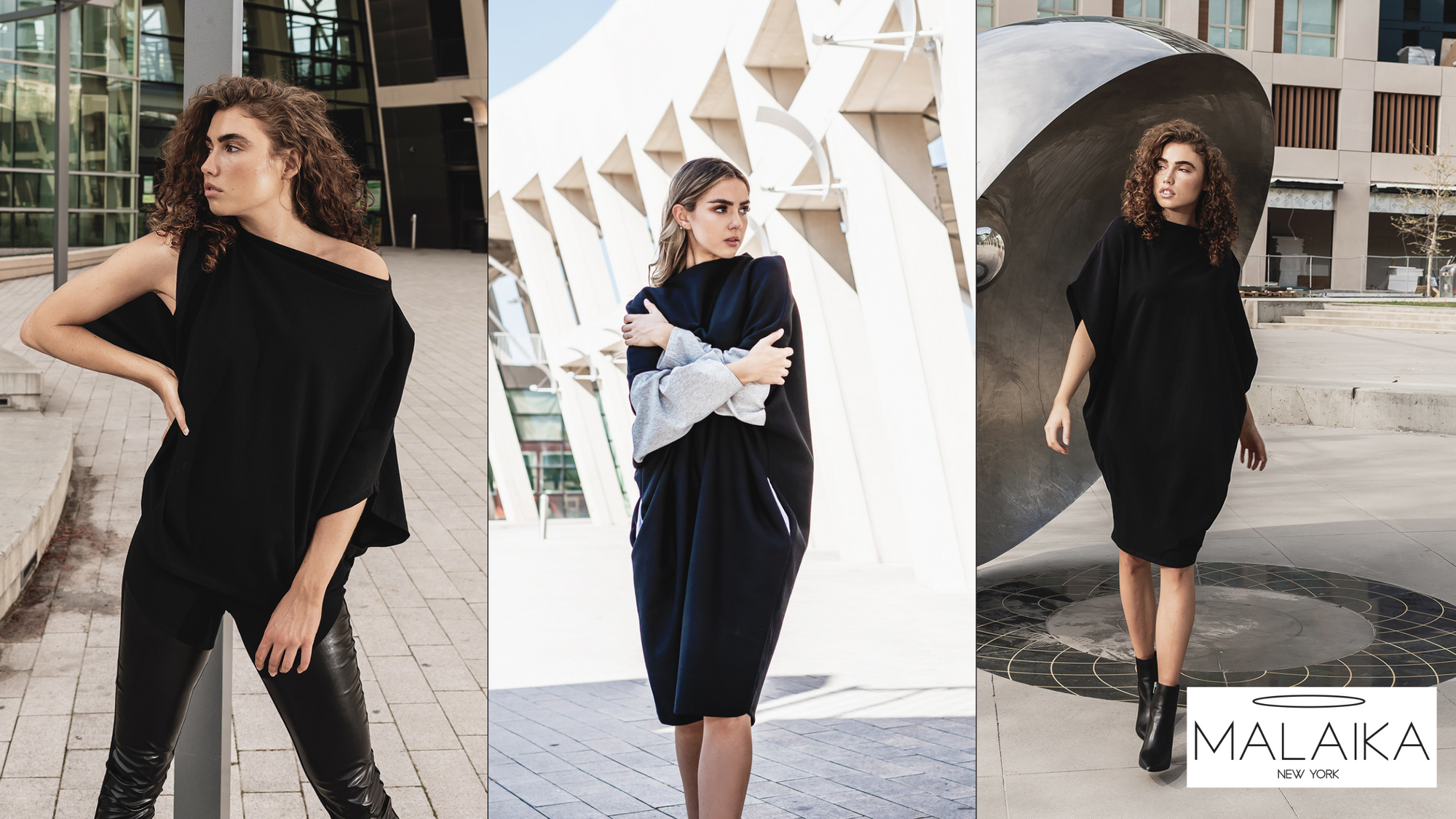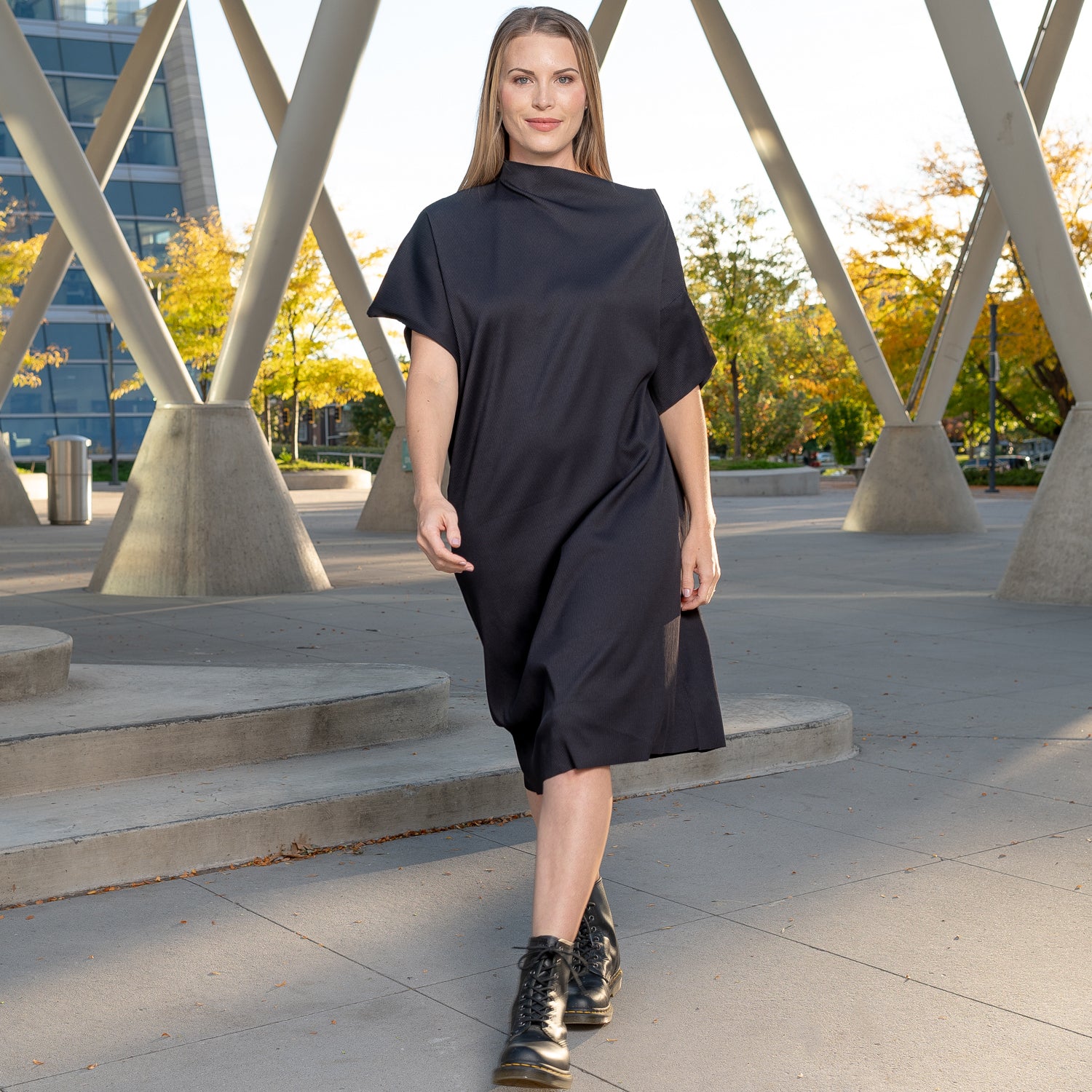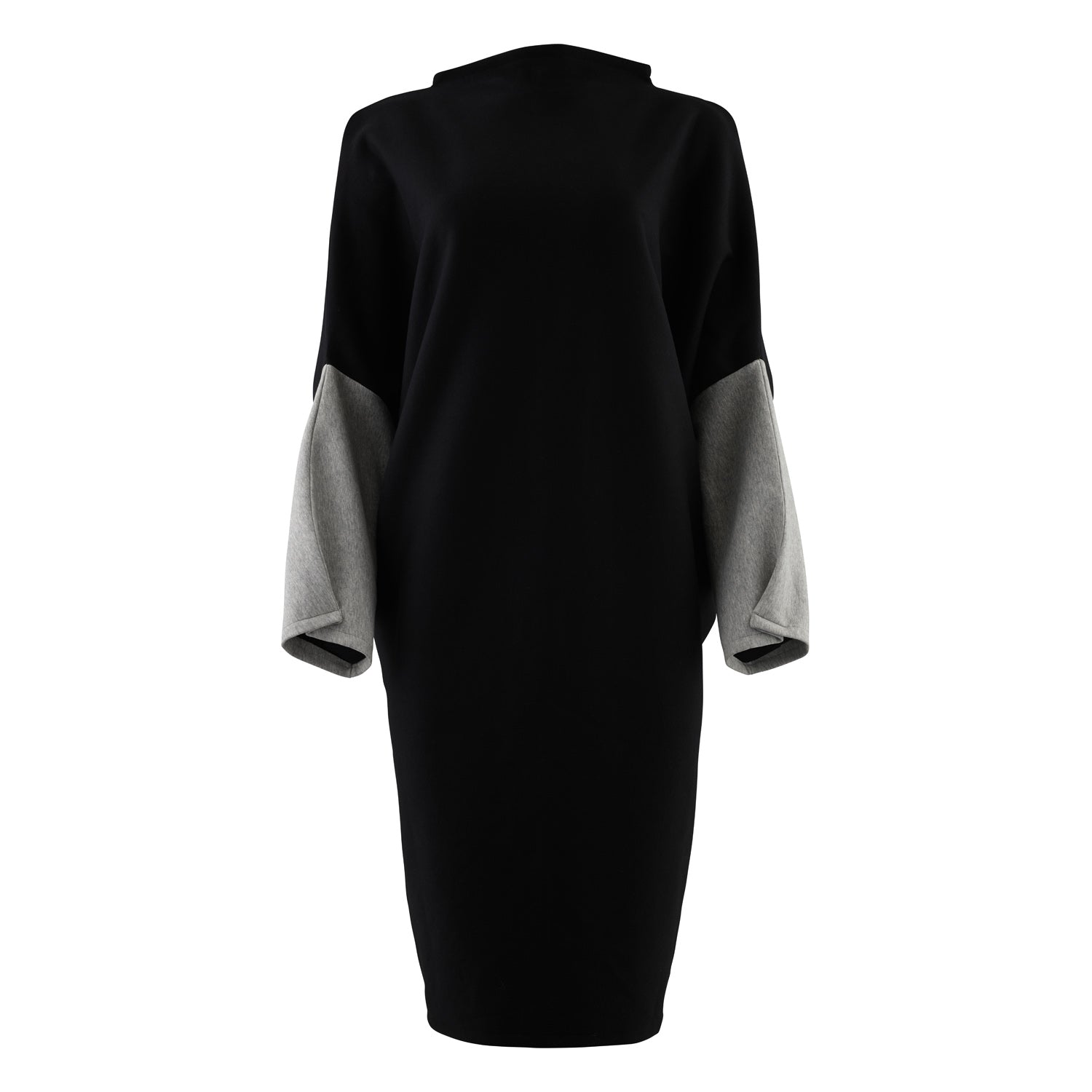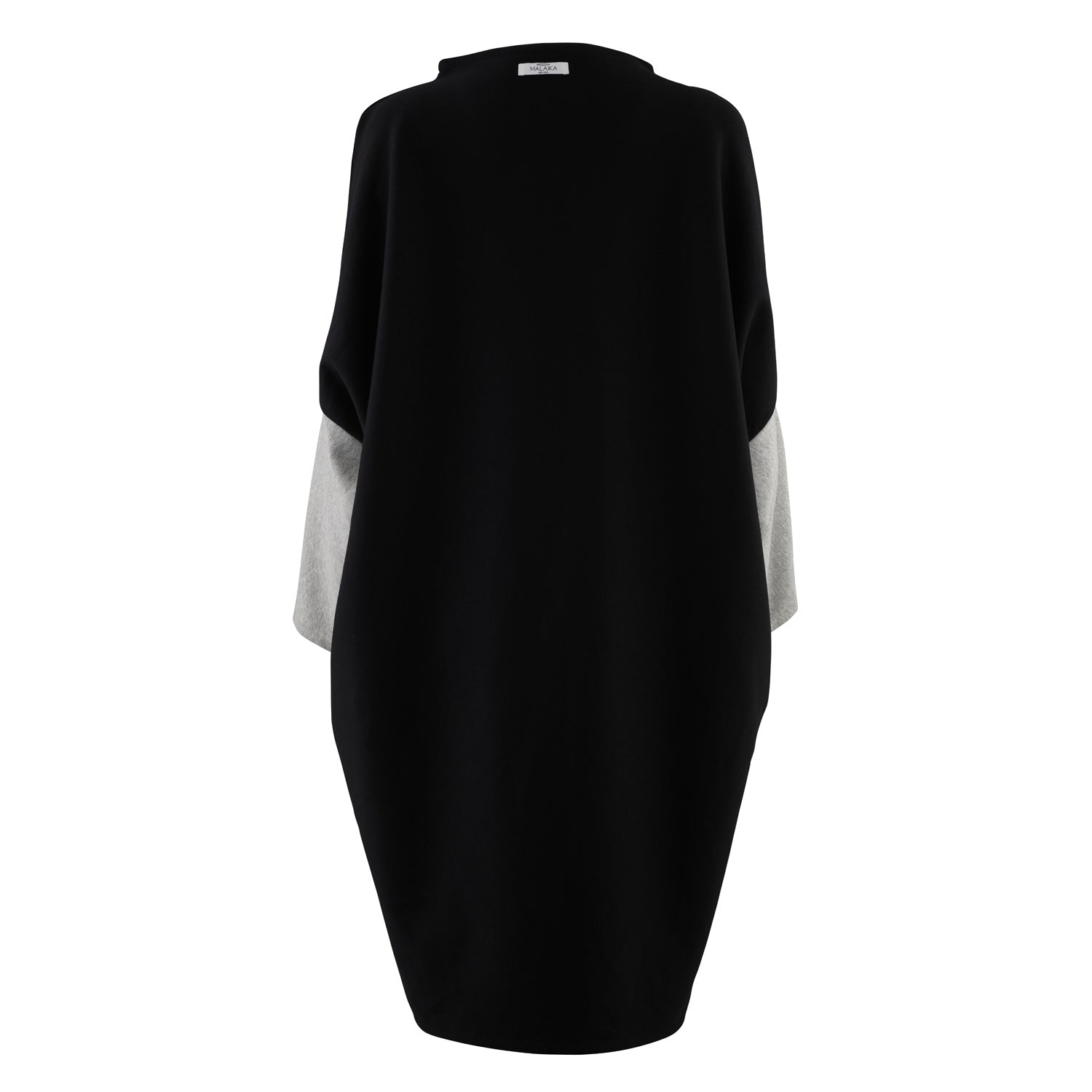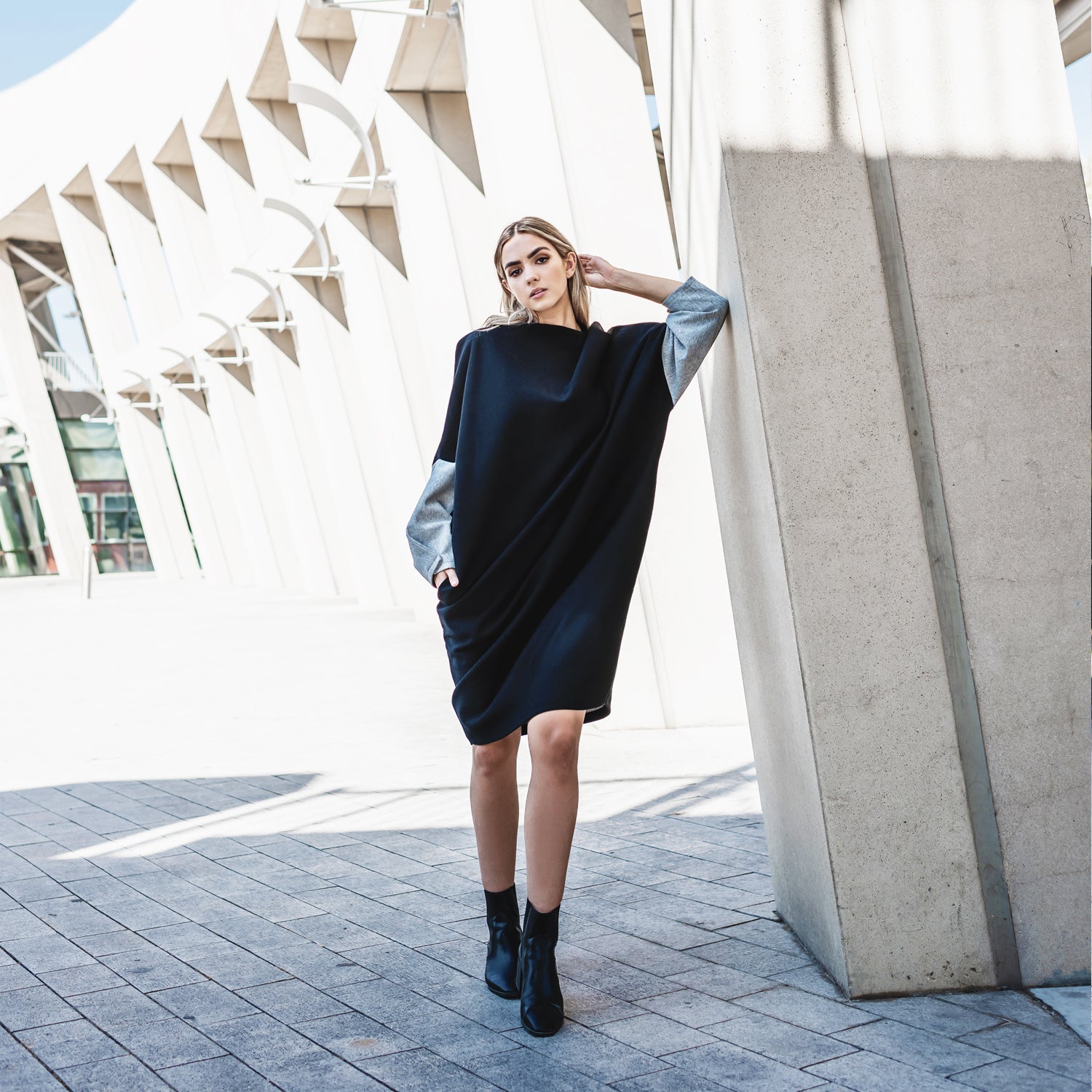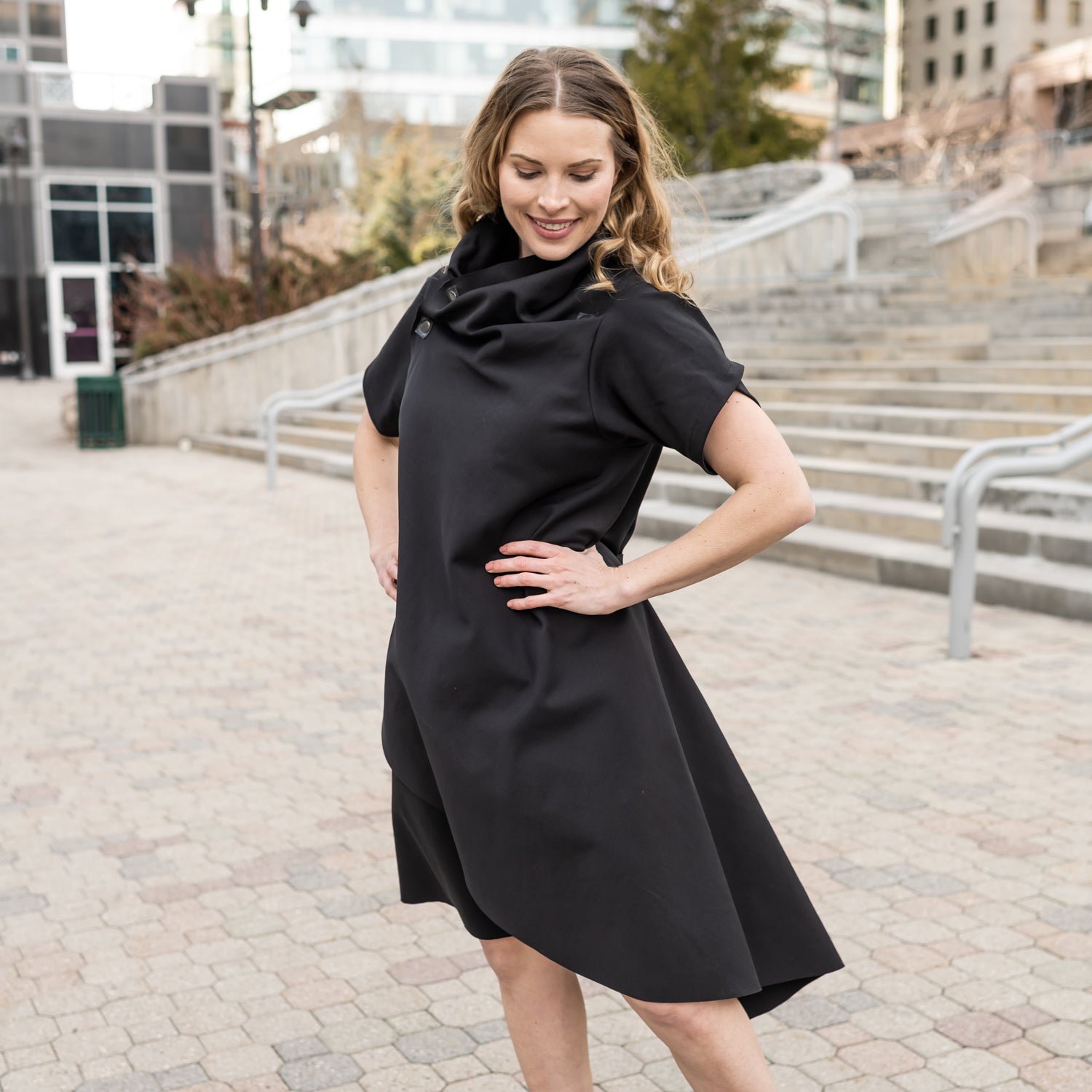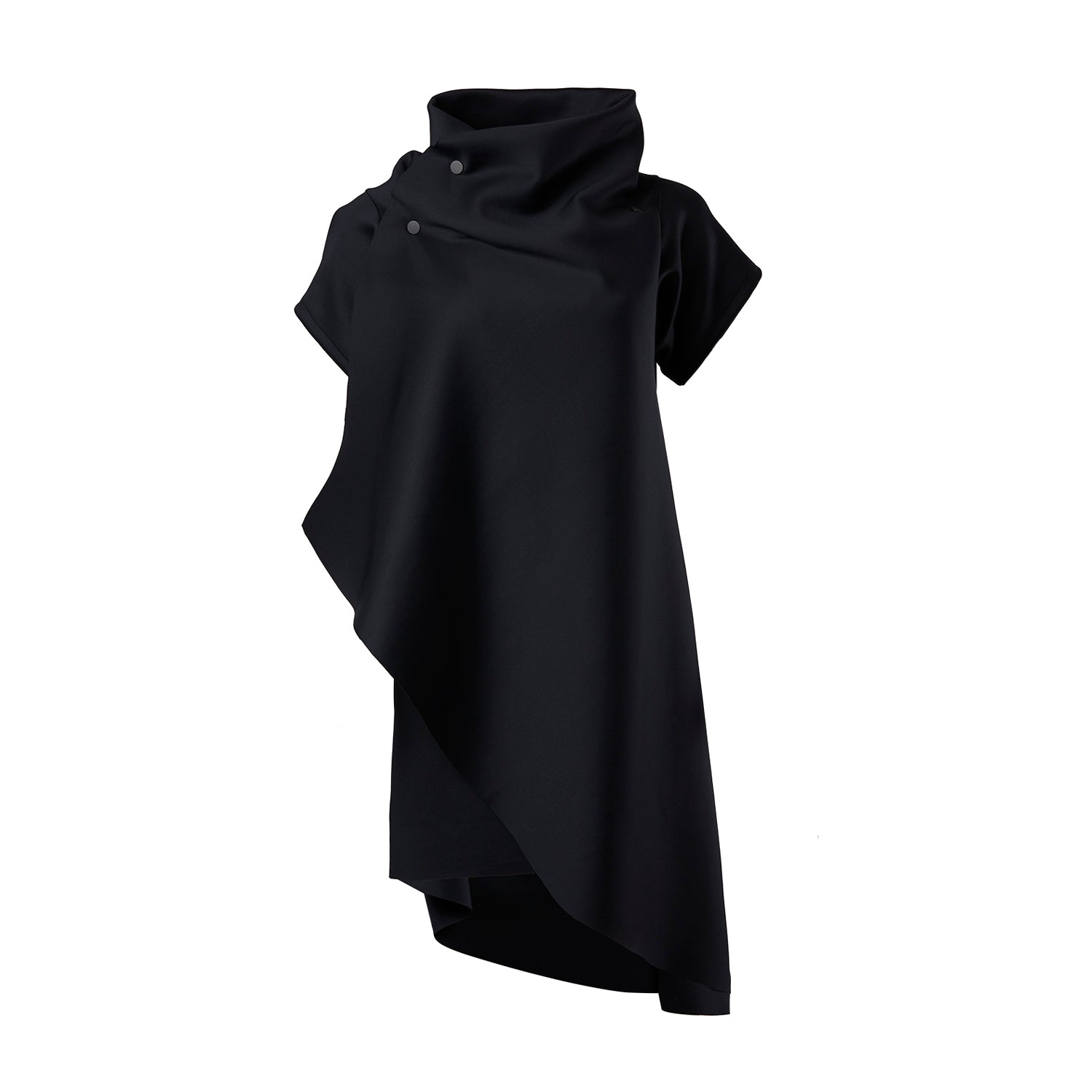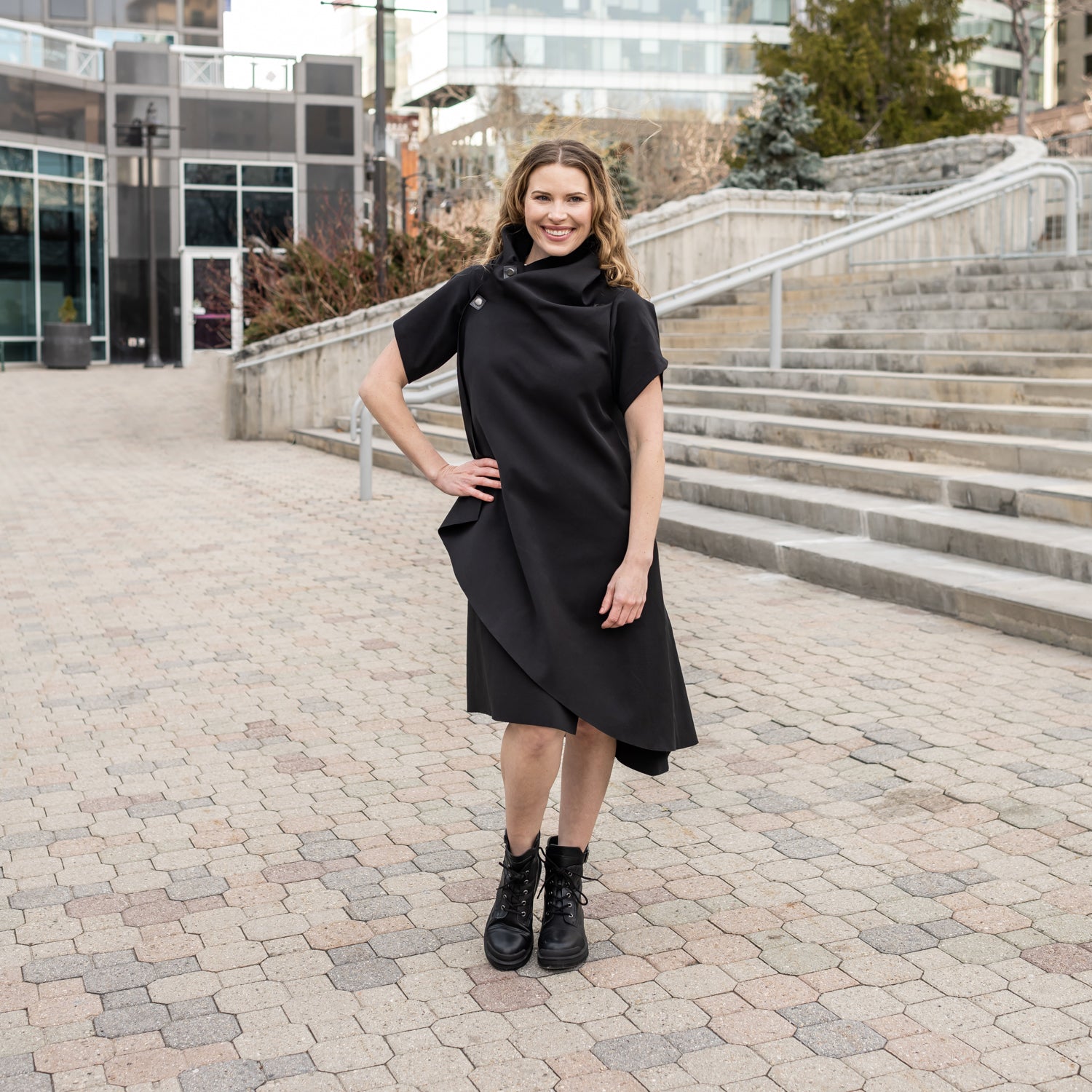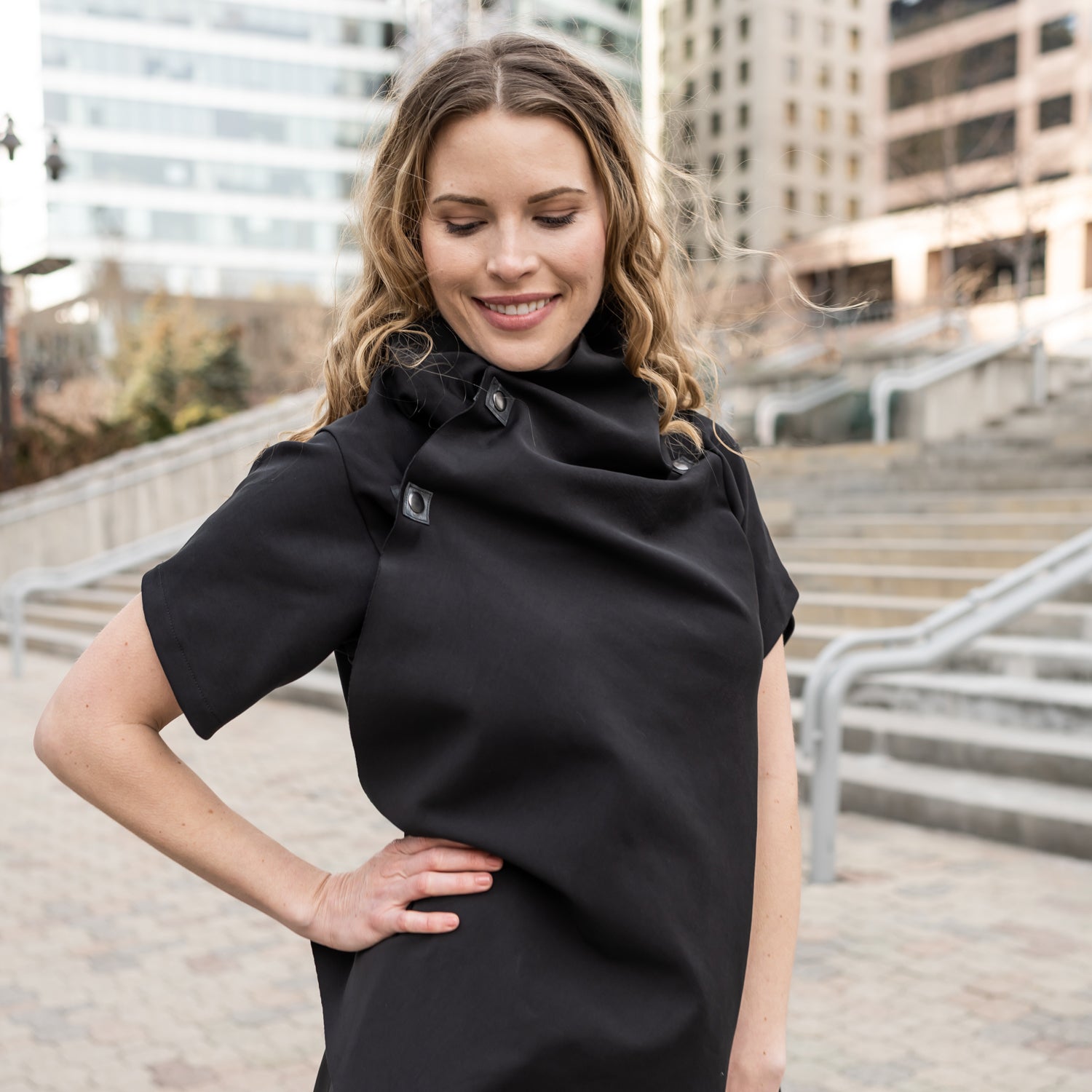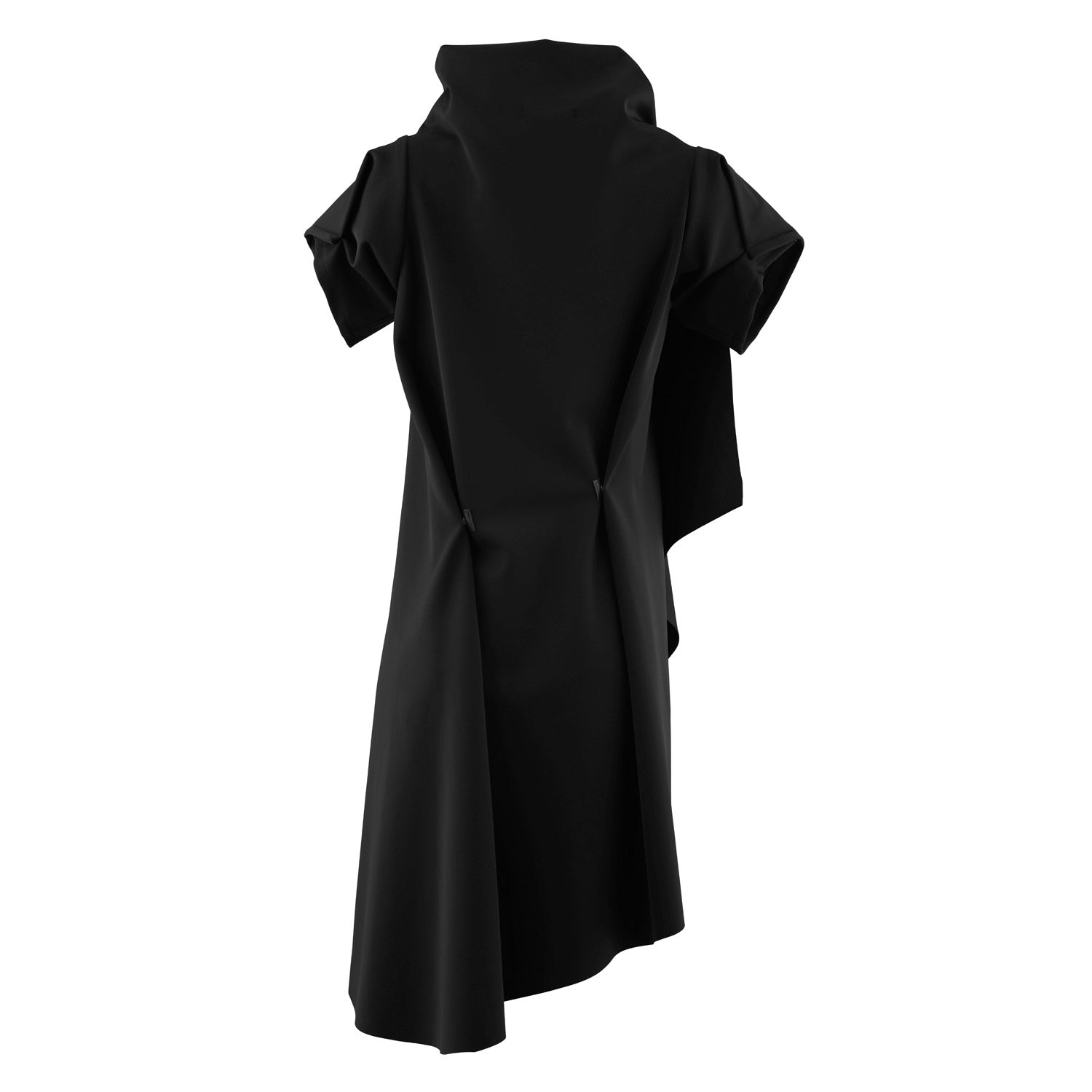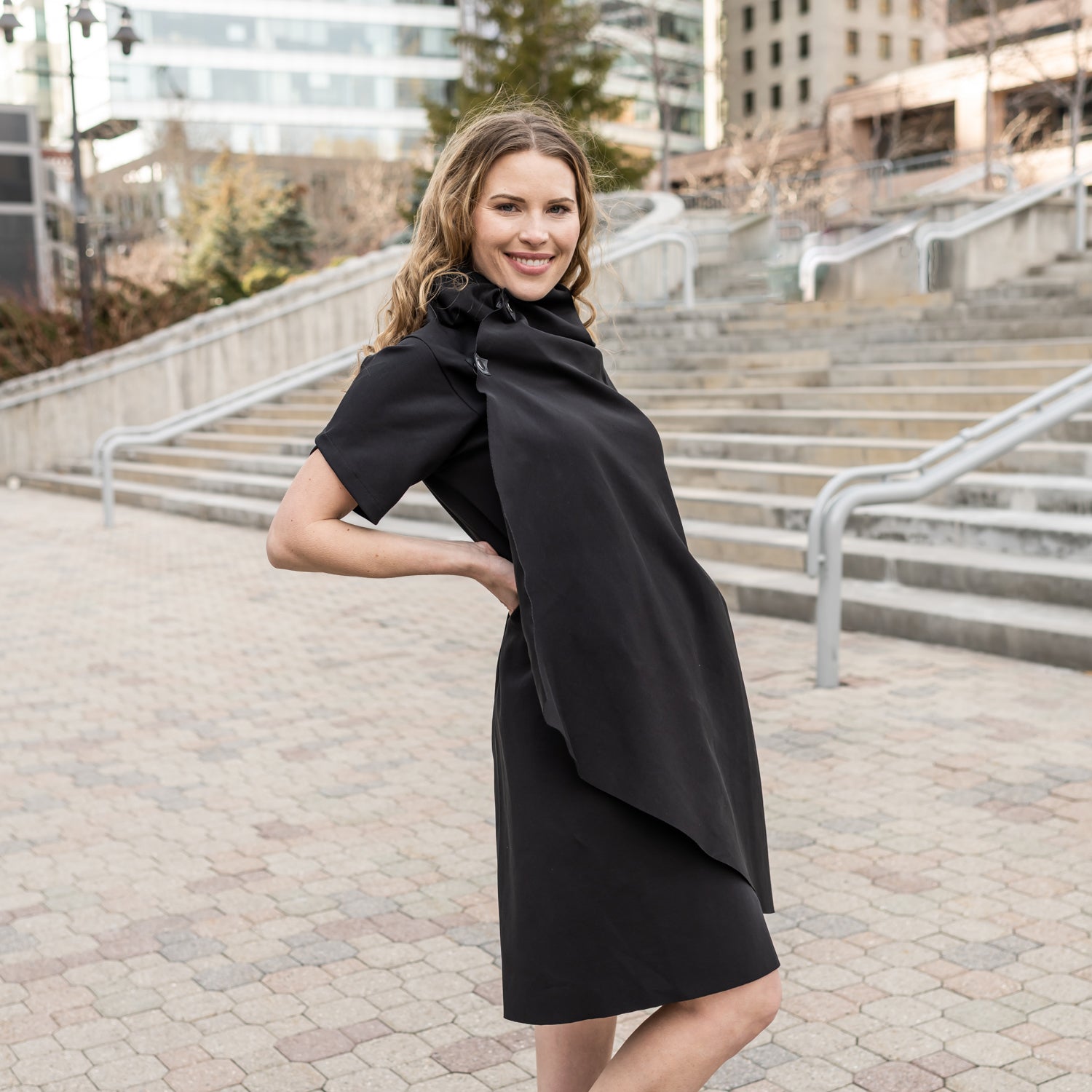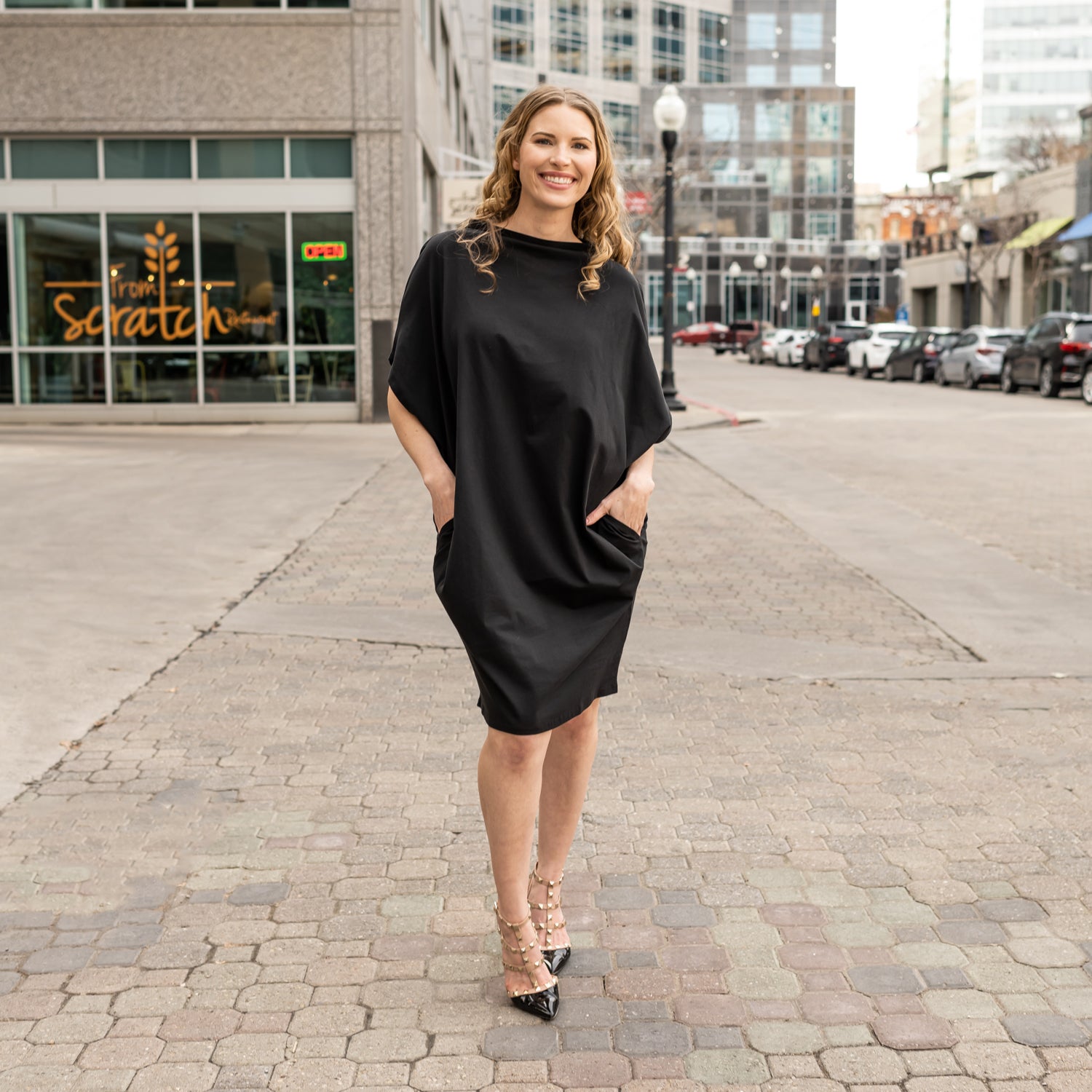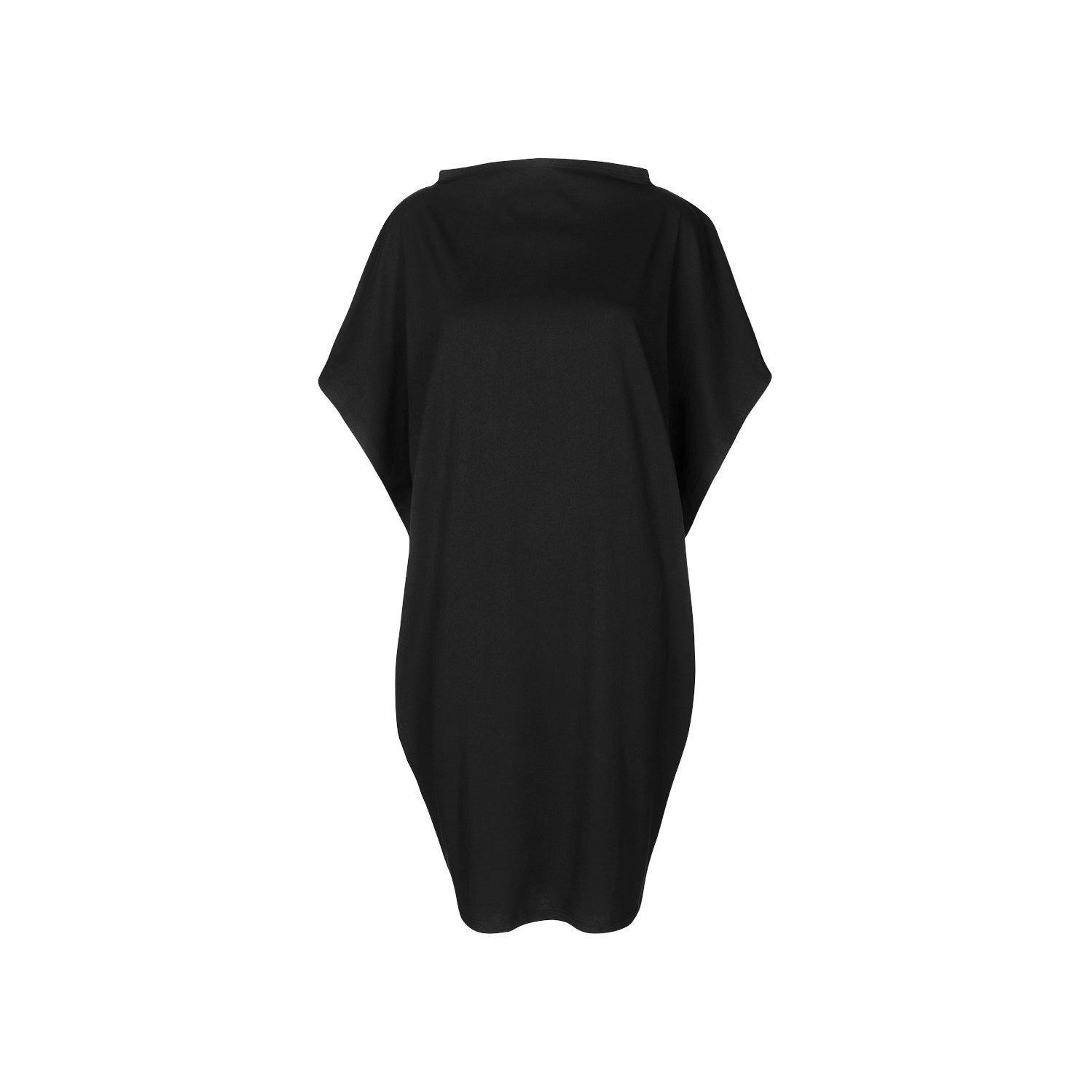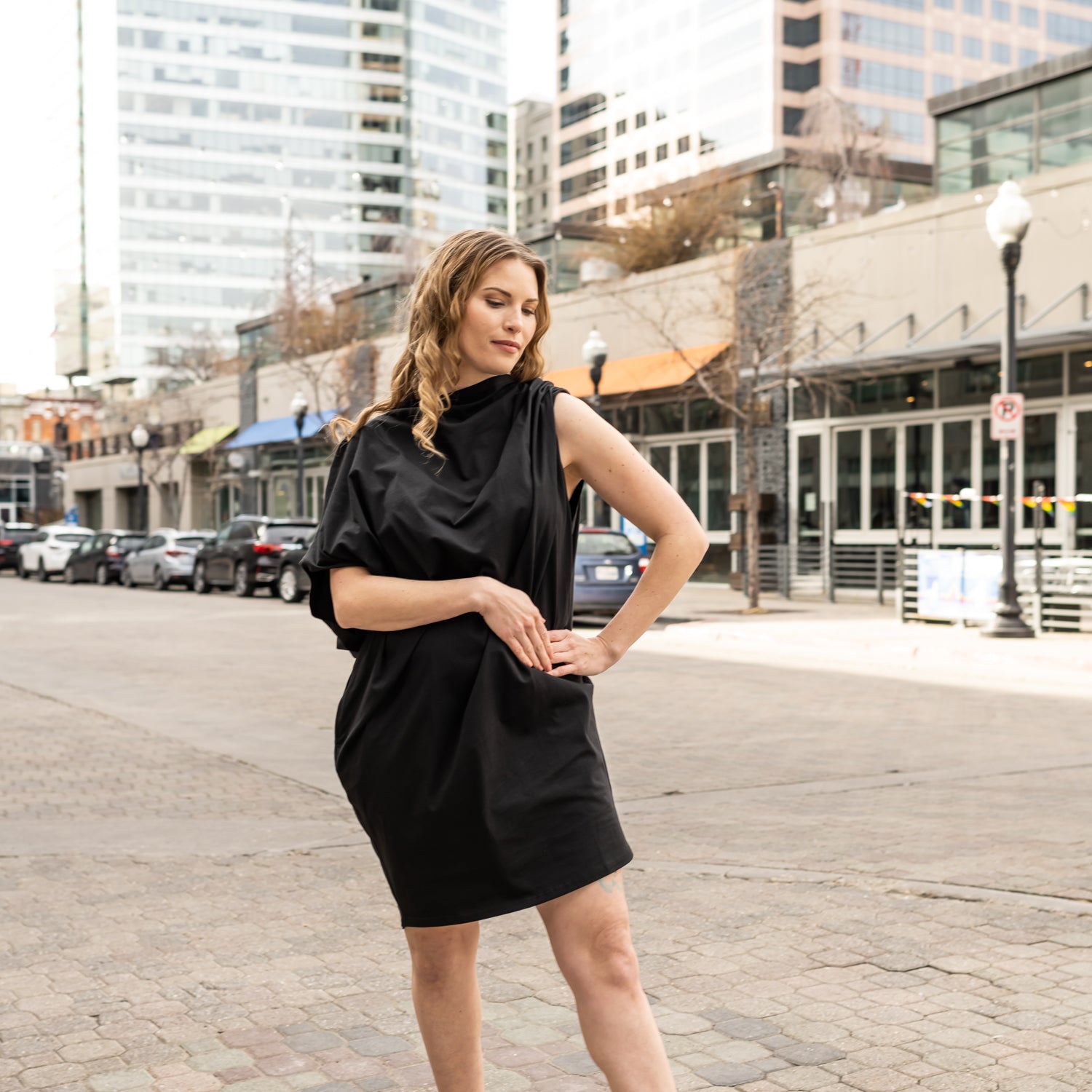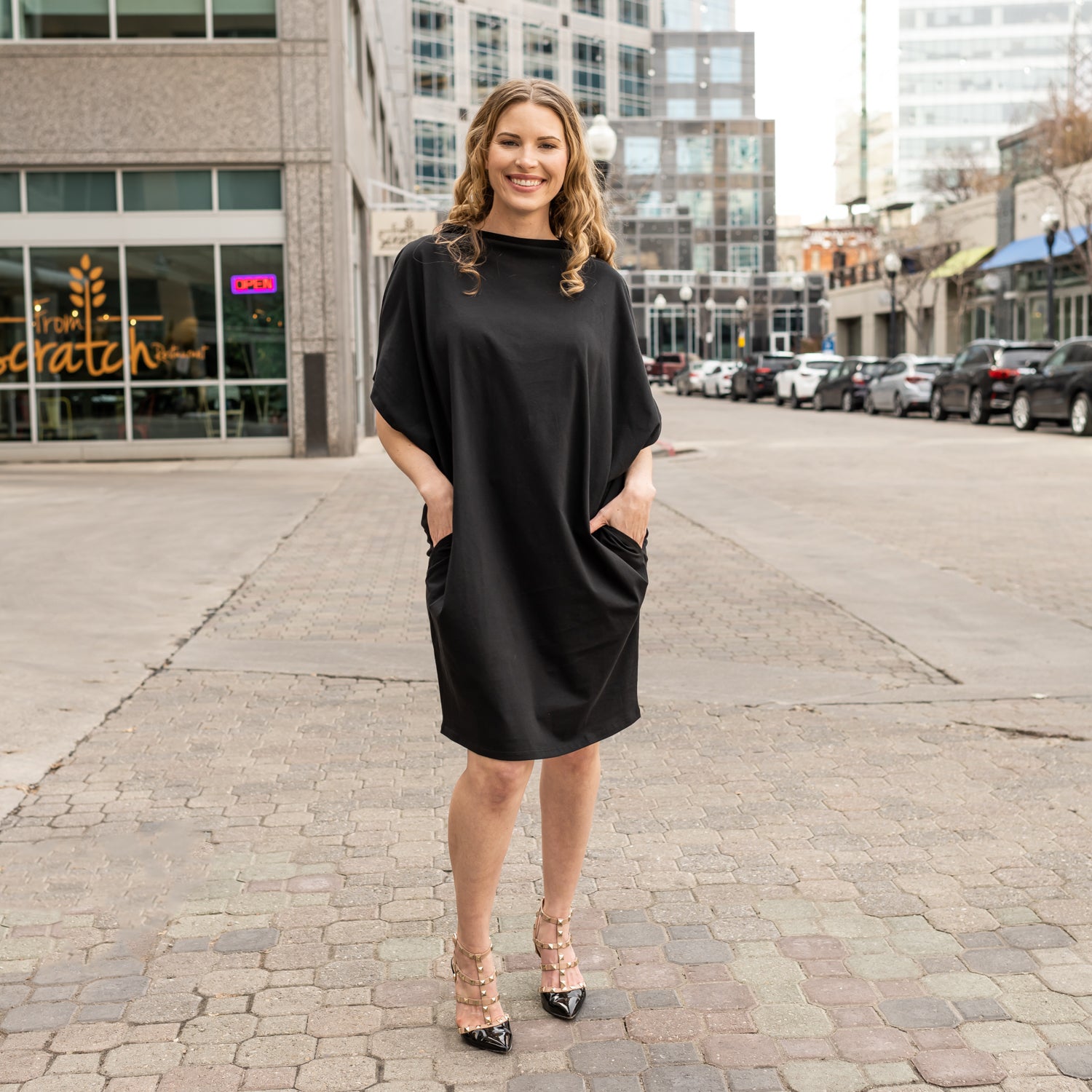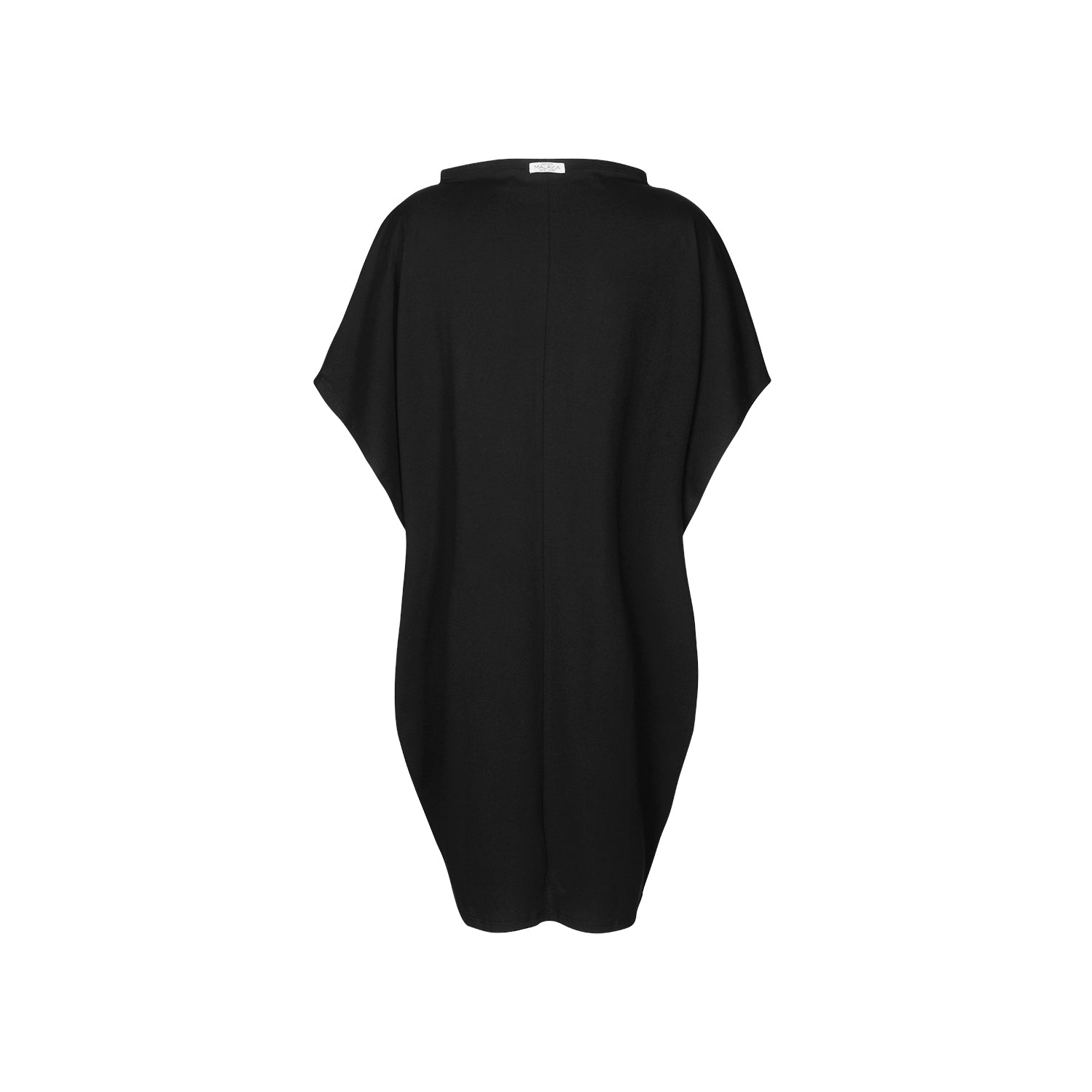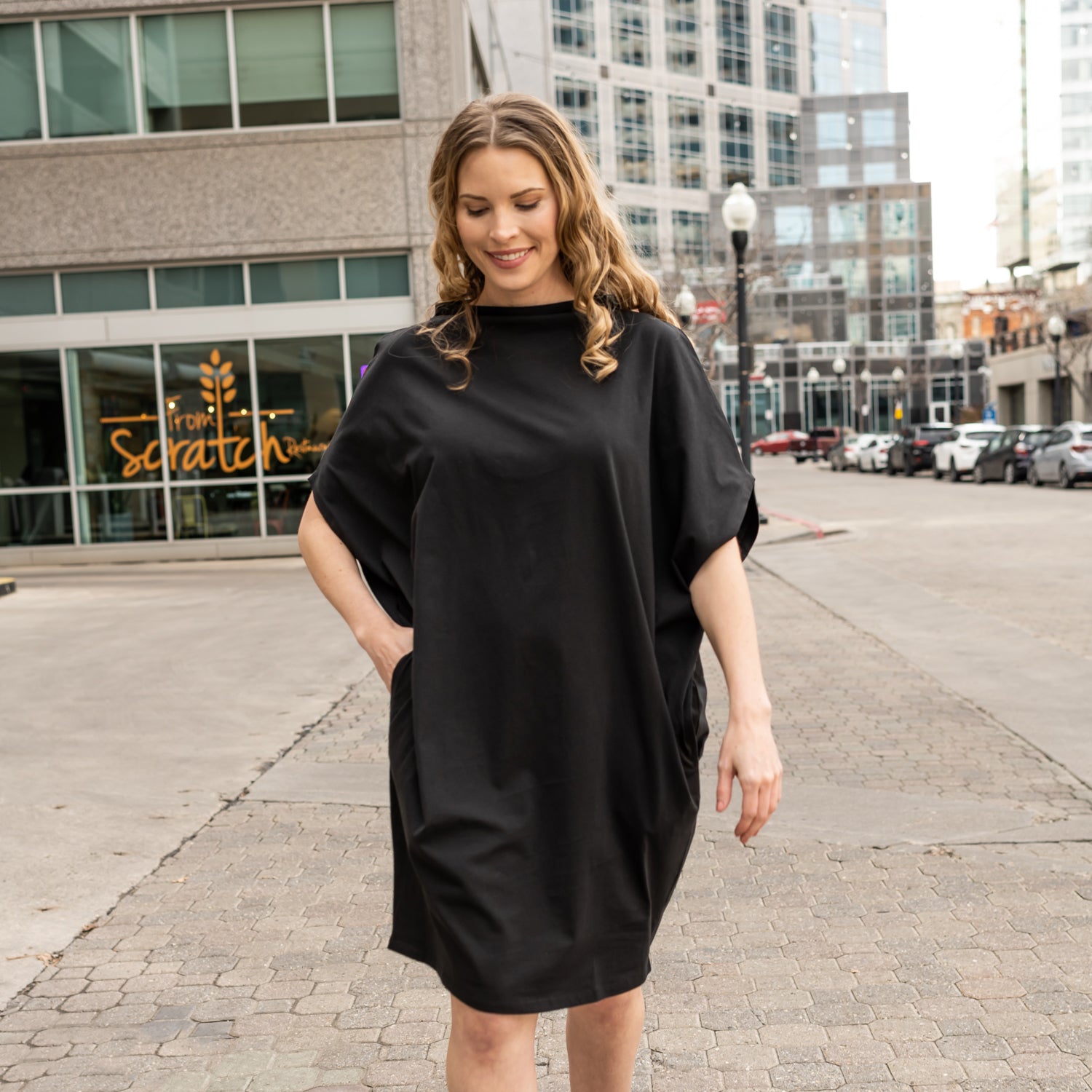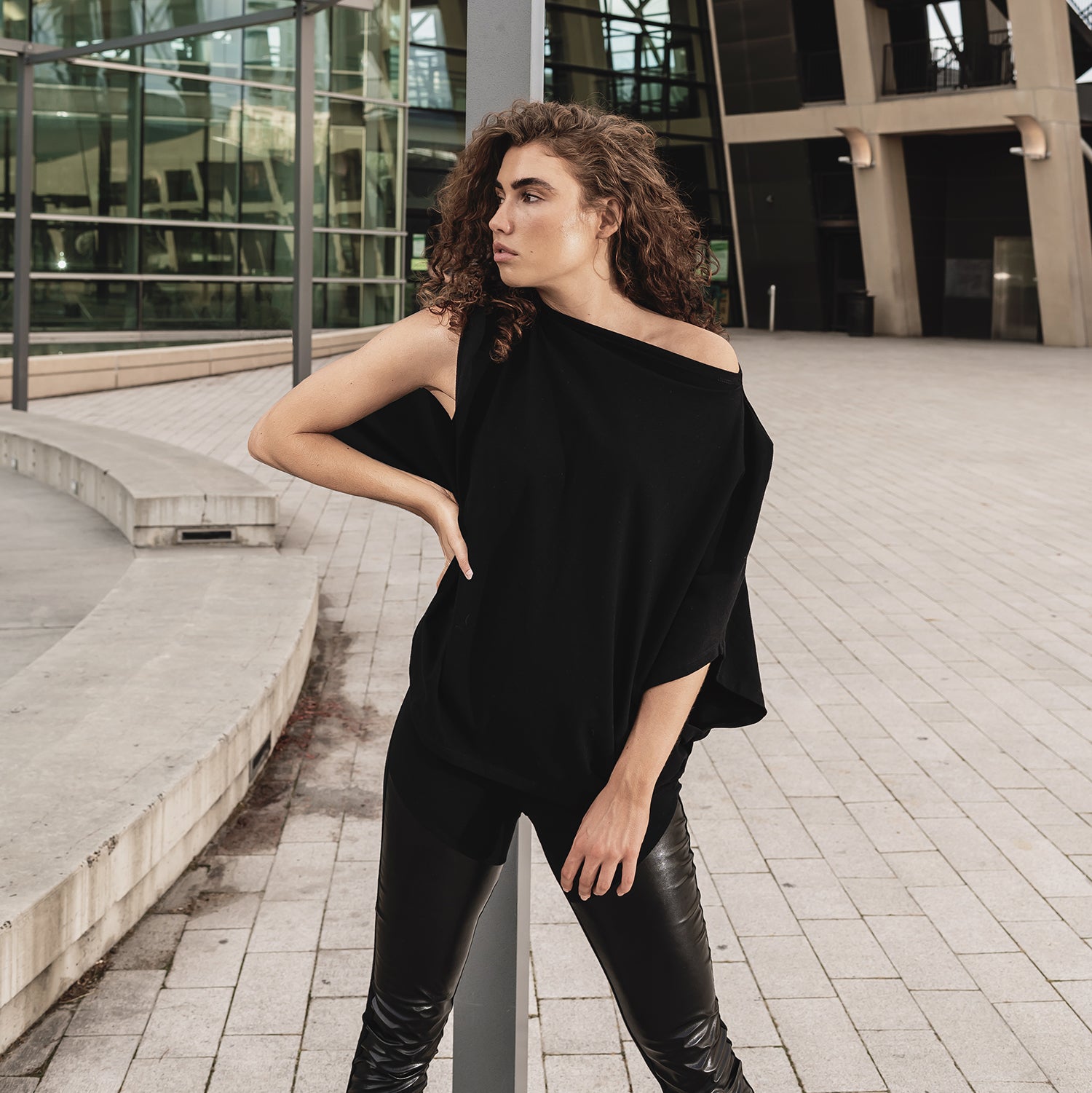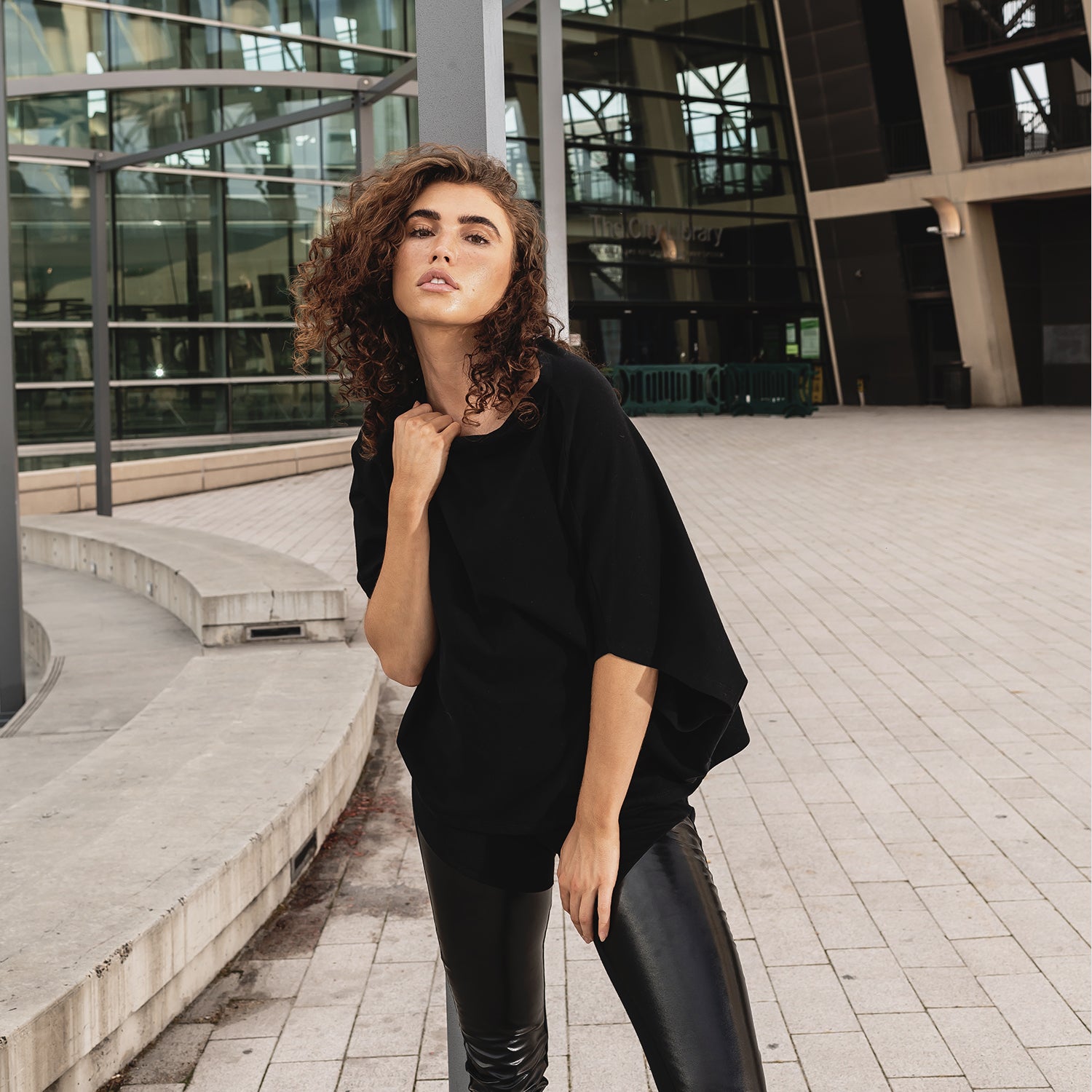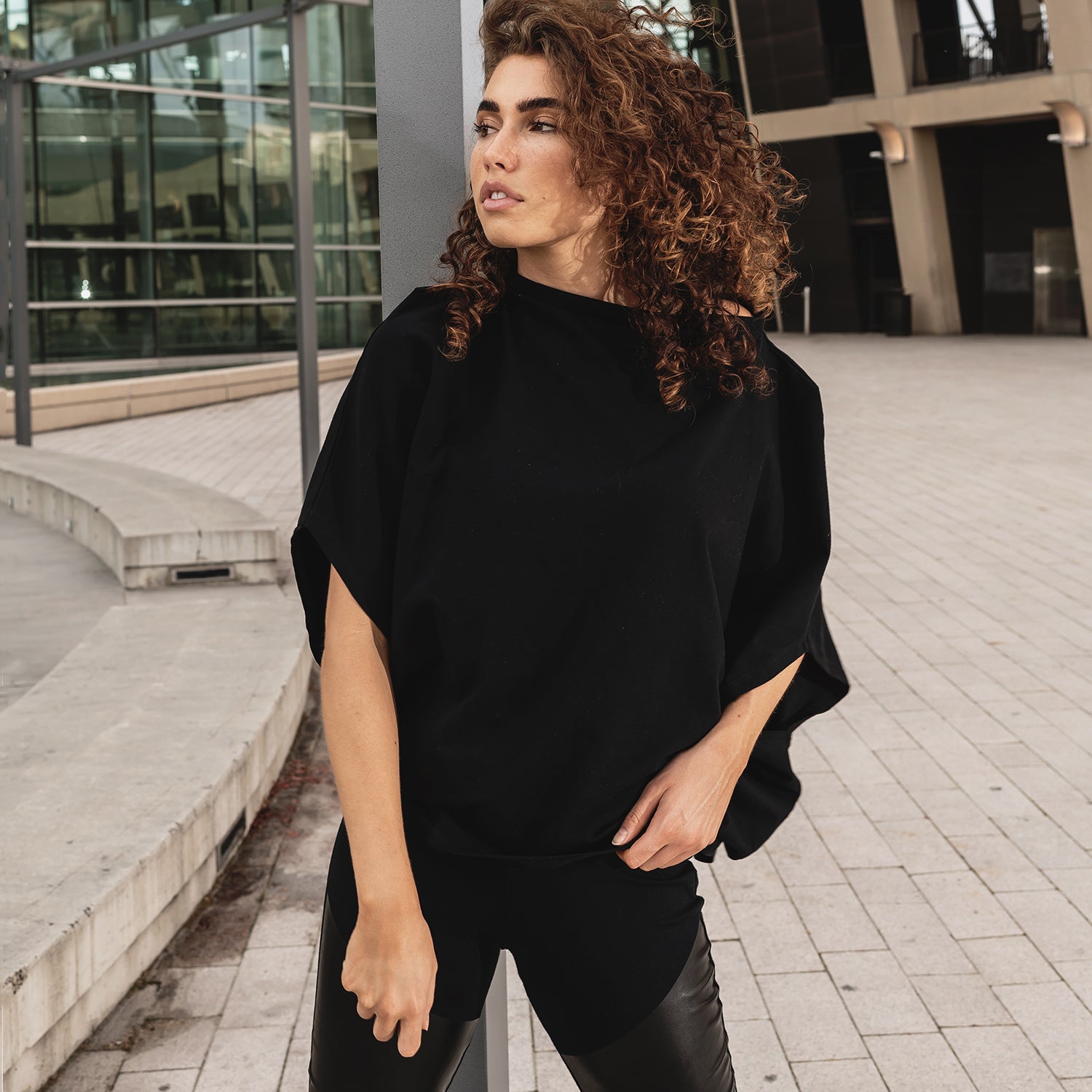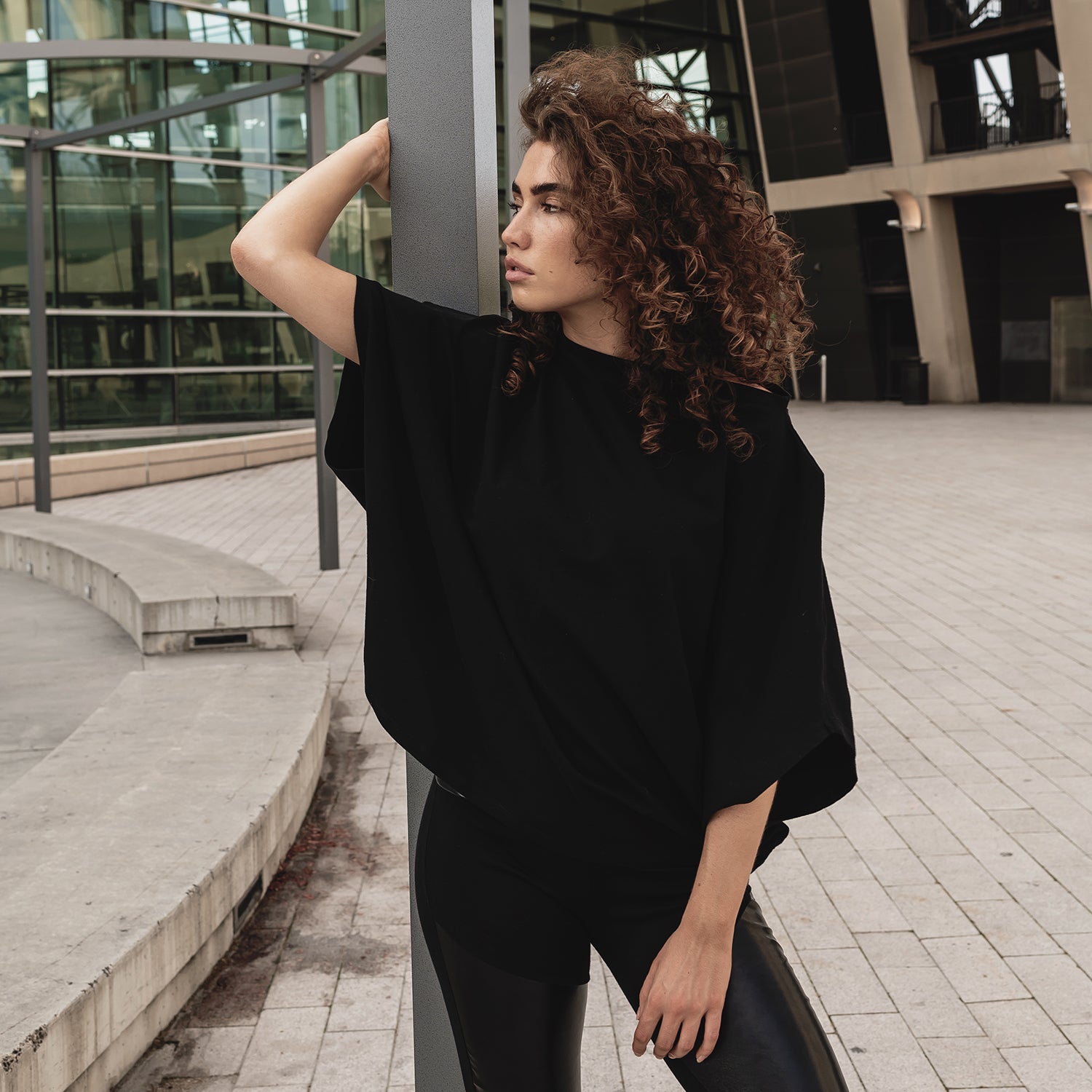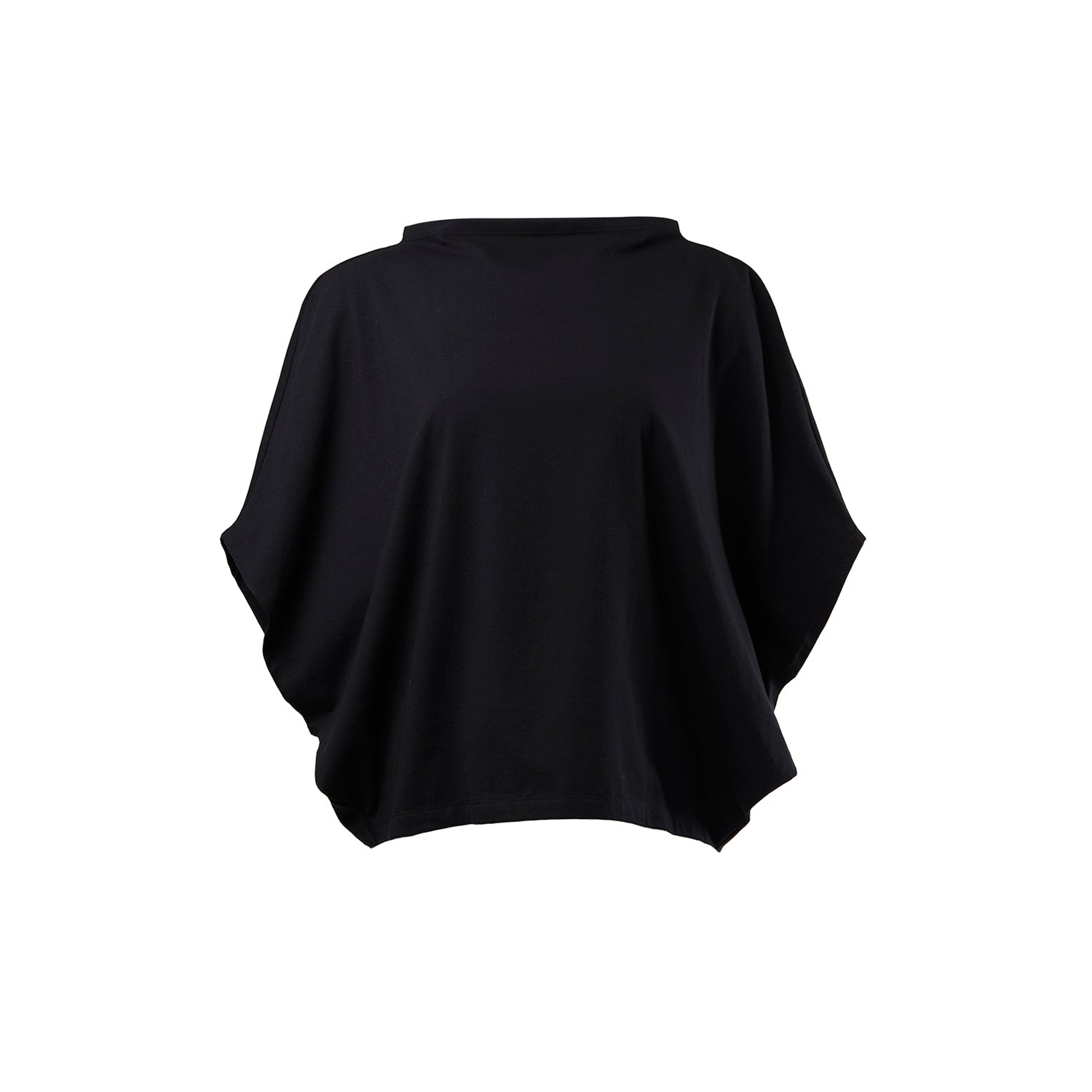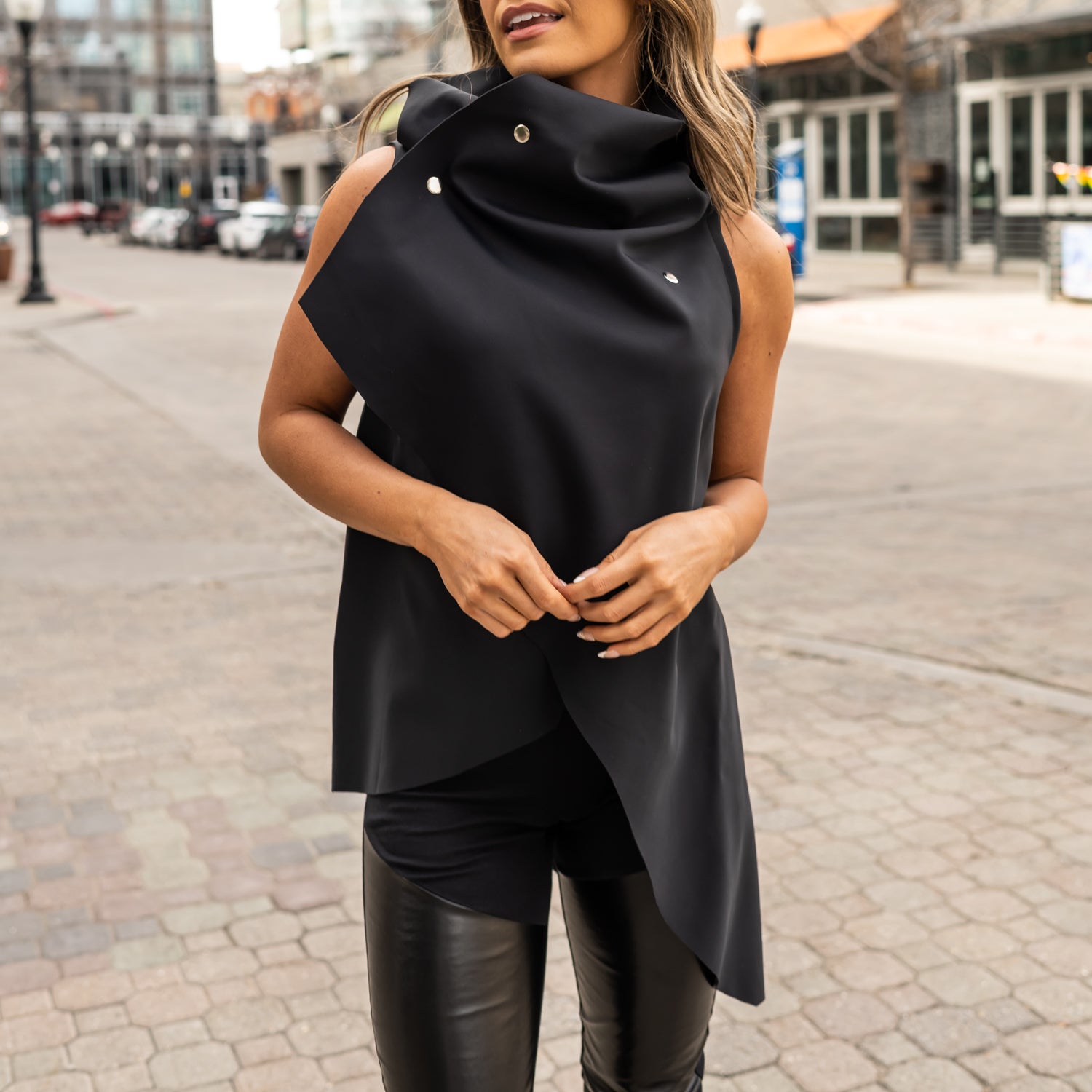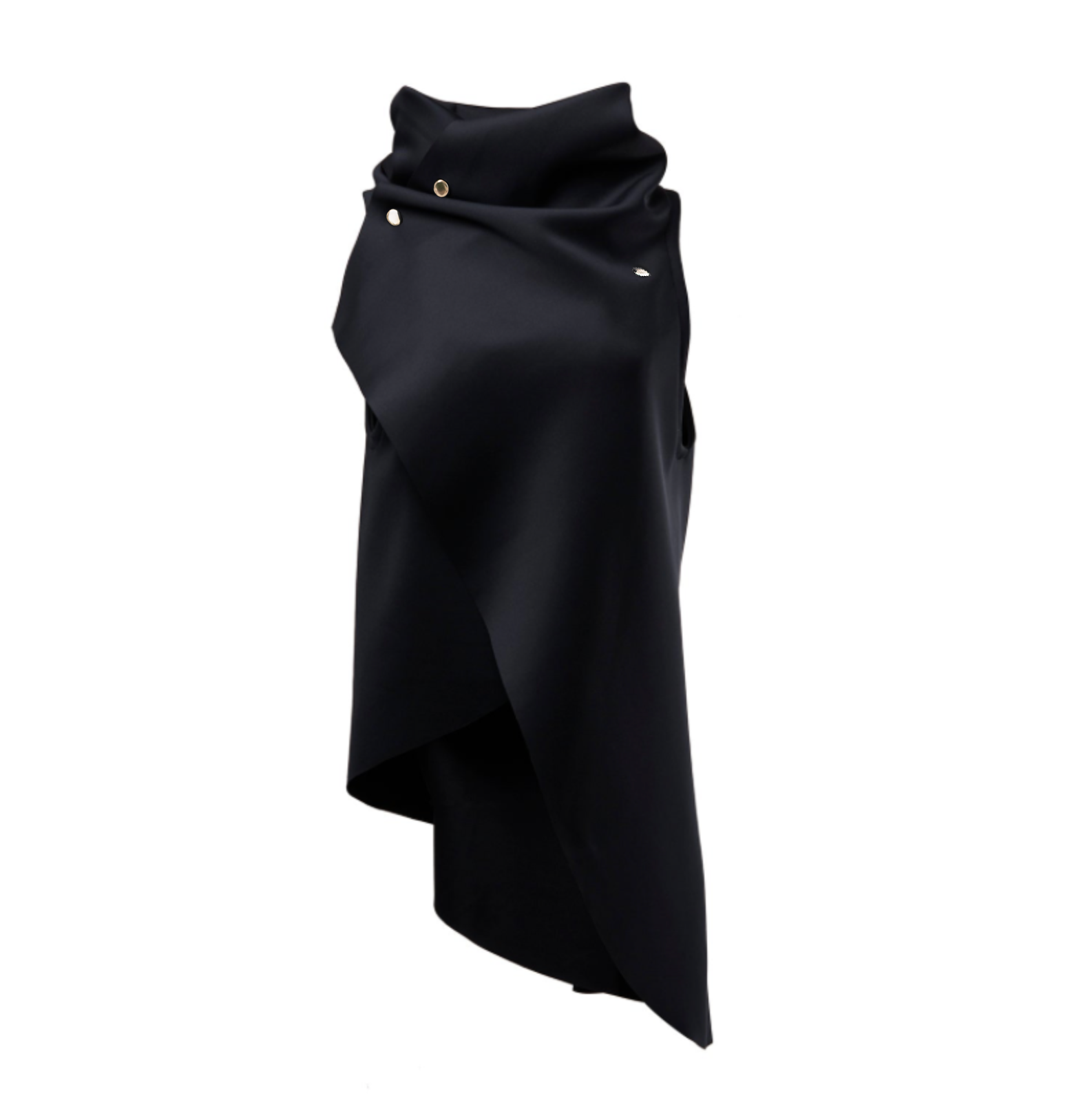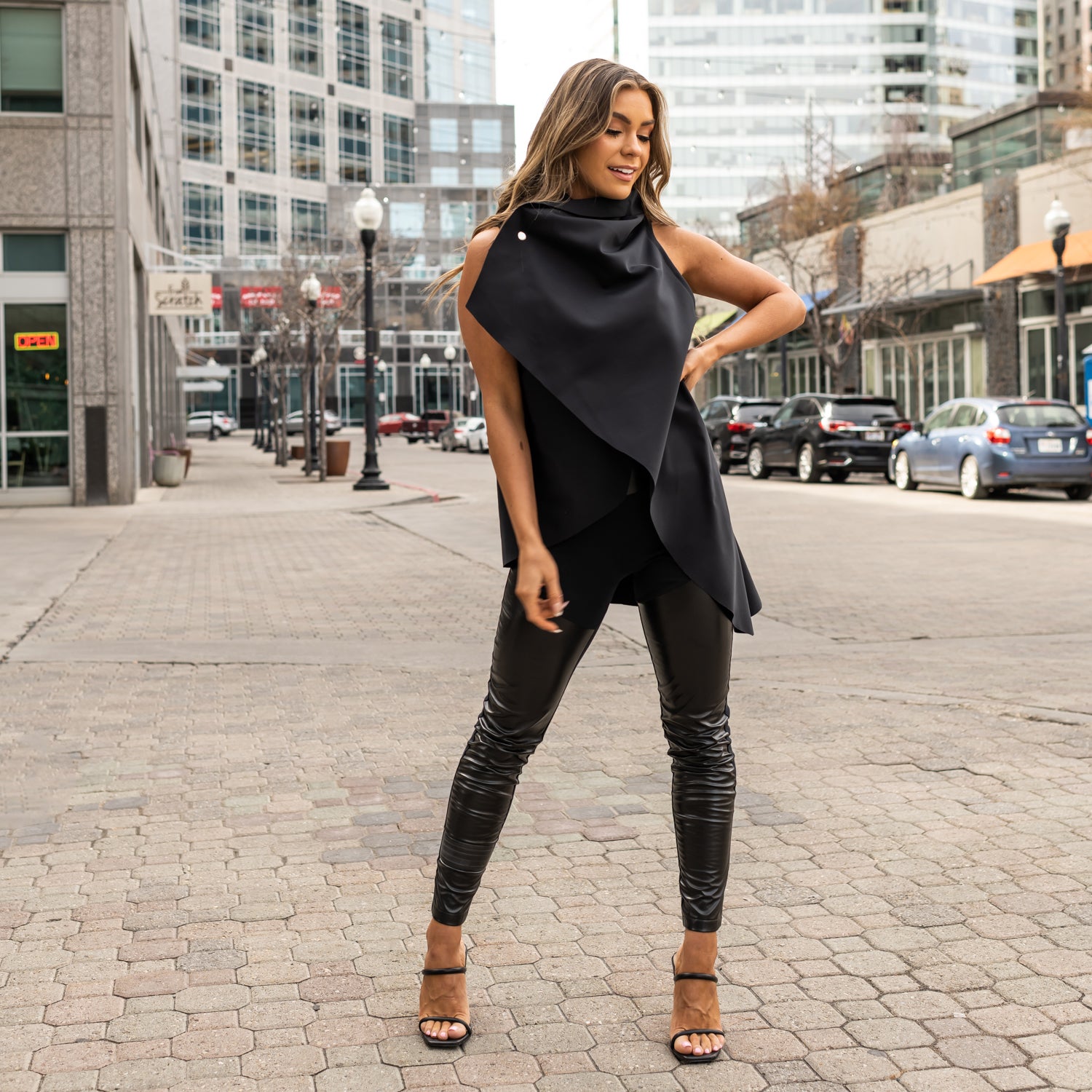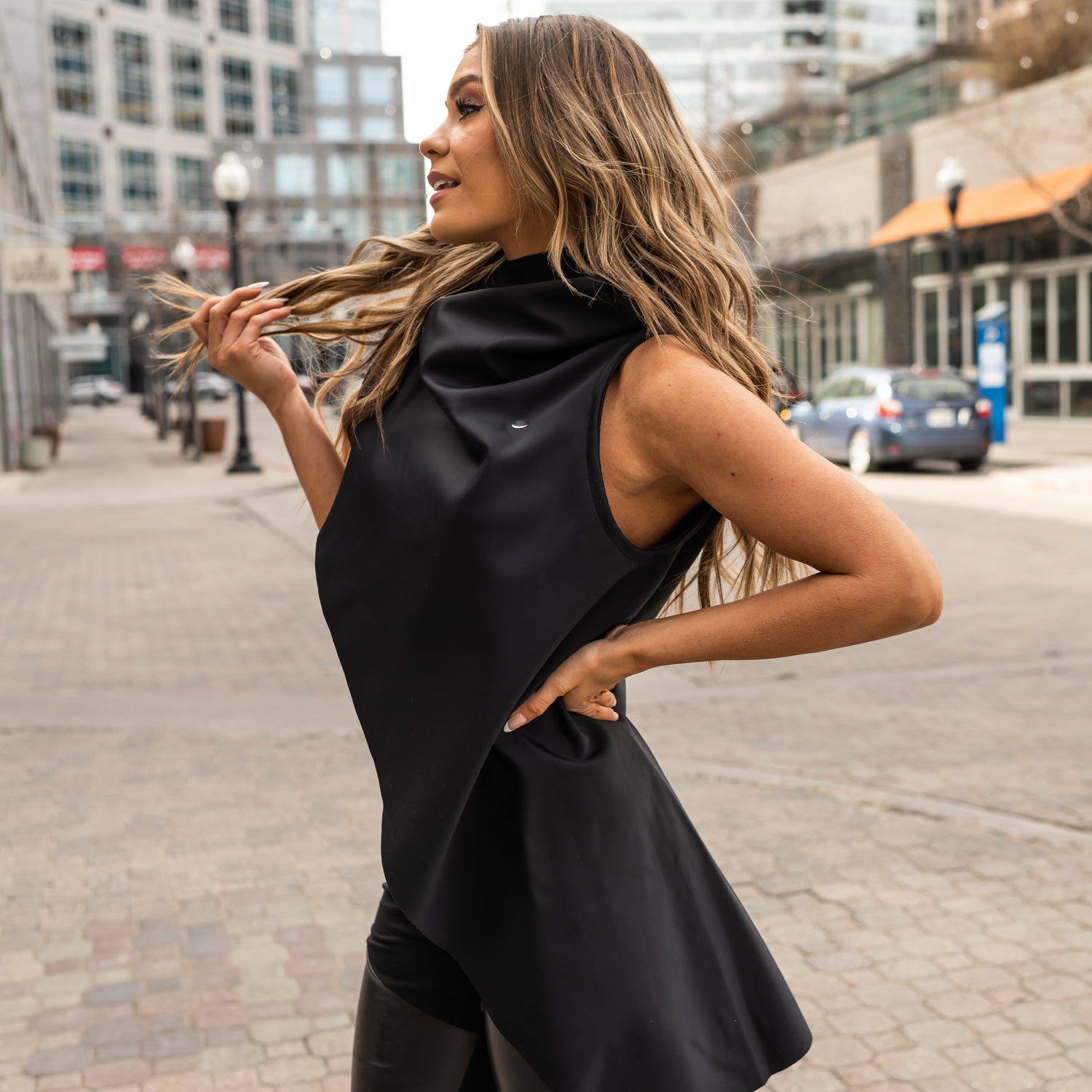While Trump’s withdrawal from The Paris Agreement has created turbulence for American and global environmentalists. The fashion industry is suspected to suffer consequences from a new lack of environmental regulations.
In short, The Paris Agreement is a 196 nation agreement that sets global standards to tackle environmental detriments. Countries in accordance will aim to work towards three standards. The first, to hold the increase in the global average temperature to below 2º C to reduce the risks and impacts of climate change. Second, to adapt to the adverse impacts of climate change and move towards the production of lower greenhouse gas emissions. And lastly, create finance flows in the direction of lower greenhouse gas emissions and climate-resilient developments.
Chantal Fernandez, Senior Editorial Associate of The Business of Fashion notes Trump’s decision as “especially significant”, for the fashion industry, the world’s second most polluting industry. A report by the Global Fashion Agenda and The Boston Consulting Group suspects the industry’s CO2 emissions will increase by more than 60 percent to nearly 2.8 billion tons per year by 2030.
Fernandez also cites lax regulations and overarching accountability, there will be less pressure, and consequences for supply chains and brand who don’t meet global climate reform standards.
With lax regulations on the fashion industry, what can consumers do to ethically purchase products in a sector on the brink of regression?
Do your research before purchasing, find company’s mission statements and causes they care about. Are sustainability and environmentally friendly practices at the forefront of their business practices? Have you researched ours? MALAIKA plants a tree for every garment sold for The Canopy Project.
Invest in high-quality garments that are made in The United States. MALAIKA hand-makes all products with locally sourced textiles. You’ll support an American industry, which supplied 233,000 workers in 2012, according to USA Today, while purchasing a lasting garment. Staple garments in a capsule closet help eliminate impulsive buying while creating a refined, well-managed wardrobe.
Support brands like MALAIKA who up-cycle materials and use recycled fabrics, minimize their waste by optimizing garment patterns, and design with minimal or zero-waste patterns. Since the fashion industry is the second most polluting industry, supporting brands who try to minimize their pollution and waste helps move the industry in a more sustainable direction.
Support the fair trade textile industry. Supporting brands who engage in ethical business practices helps protect the people who supply our fabrics.
Change in the fashion industry will thrive under a symbiotic relationship between consumer and producer. Brand support is imperative from consumers to producers. As long as producers manufacture trusted products for their consumers.
Help us make a change!


